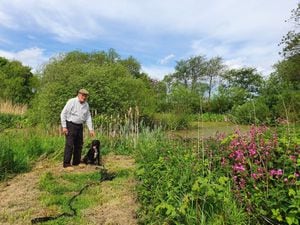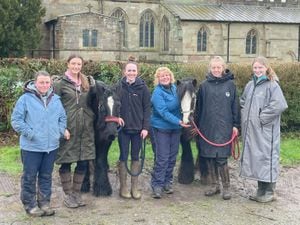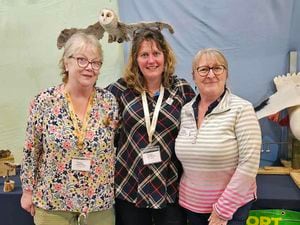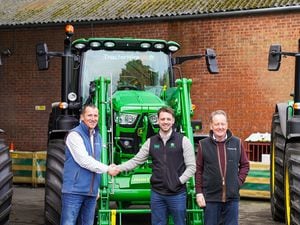Debunking the link between red meat and climate change
There is constant debate around red meat and the impact it has on our environment.

Here at AHDB, we are trying to tackle negative messages around farming and climate change and help farmers to learn more about the impact of their farm businesses on the environment.
Last month, the Government sought the advice of climate experts on whether to set an even more ambitious target than its current one for reducing carbon emissions. It follows a report from the Intergovernmental Panel on Climate Change showing rapid action is needed to reduce greenhouse gas emissions to avoid devastating impacts from climate change.
As a consequence, the issue of climate change has had a very high media profile, with a number of articles advising that a reduction in consumption of red meat leading to a reduction of global greenhouse gas emissions is a must.
It is a fact that methane, which is a natural by-product of how livestock break down their feed, contributes to greenhouse gases. However, levels of methane emissions are comparatively low in the UK, with livestock production responsible for five per cent of total emissions. The industry is working hard to reduce these even further through breeding and feeding initiatives.
It is also a fact that grazing cattle and sheep manage permanent pasture as an effective carbon sink, they aid biodiversity and they make use of agricultural land that could not be used for growing crops. Effectively, take livestock off it and you take a massive amount of land out of food production at a time when our population continues to grow.
Put in context, livestock production in the UK has many positives which are rarely mentioned in the media. Food production should be matched to the parts of the world where the land is most suited for the product being grown. The UK is a sustainable place to produce red meat due to our climate and geography, with few inputs required.
However, unfortunately and despite AHDB’s best efforts, many media outlets fail to seek out this balancing opinion. AHDB is using both traditional and social media to help provide the industry and the wider public with clear facts surrounding meat and the environment.
We also challenge misinformation whenever we can and attempt to inject balance into conversations which are being aired in public.
Of course everyone must come to their own conclusion about what constitutes an environmentally friendly diet, but my plea would be to make sure your decision is based on more than a newspaper headline.
Clive Brown, AHDB Beef and Lamb head of regional development





